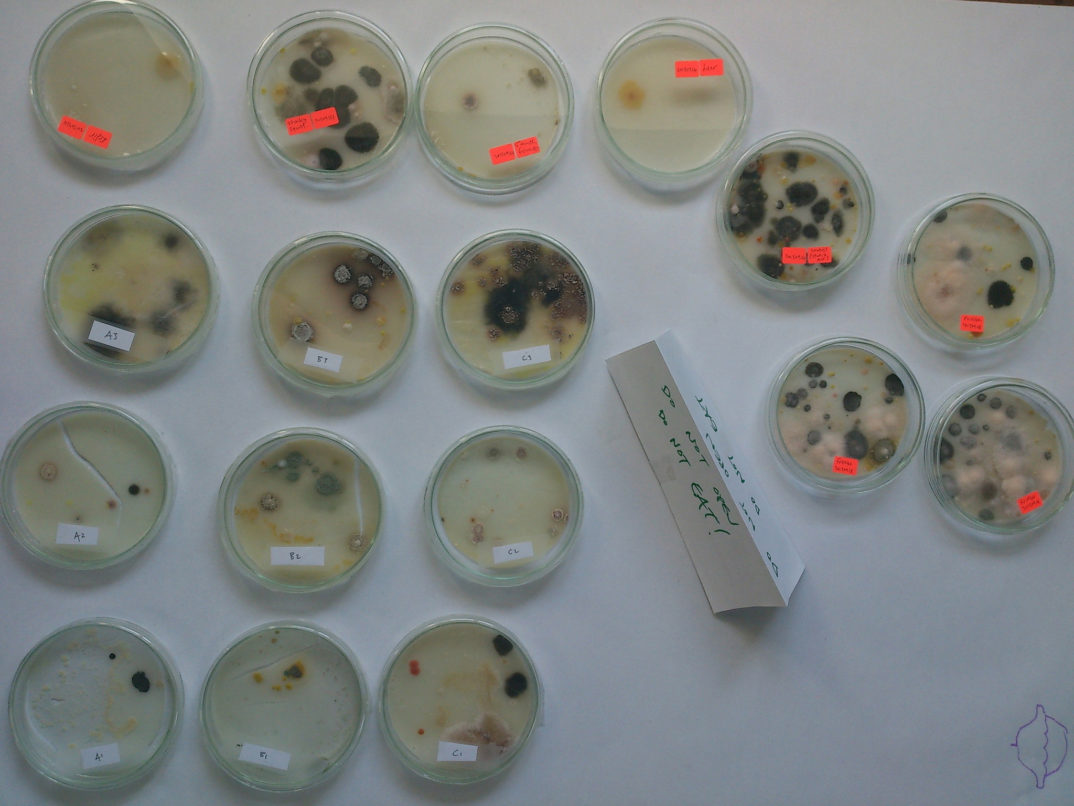The problem of antibiotic resistance is real and growing. It is estimated that 700,000 people die from antibiotic resistant infections each year [1]. Further, every year, new multidrug resistant organisms emerge. We might soon face the global crisis of an era in which there is massive spread of bacterial diseases that cannot be treated by any currently available drug. In order to solve this problem, we must recognize that it has both scientific and ethical components: each time a physician prescribes an antibiotic she or he is required to balance individual patient needs with societal risks and benefits [2]. Further, even in the absence of antibiotic use, resistance is, and always has been, an evolutionary problem – natural reservoirs of antibiotic resistance exist even in pristine environments [3]. Added to this is the fact that over the last thirty or so years there has been a decrease in the number of antibiotics that have been developed and approved [4]. These factors make the problem of antibiotic resistance multifaceted and complex, but recent advances in basic scientific research show a promising way forward, even though previously implemented strategies to mitigate the problem have been largely unsuccessful. Continue reading “Solving Antibiotic Resistance with the Power of Evolution”

